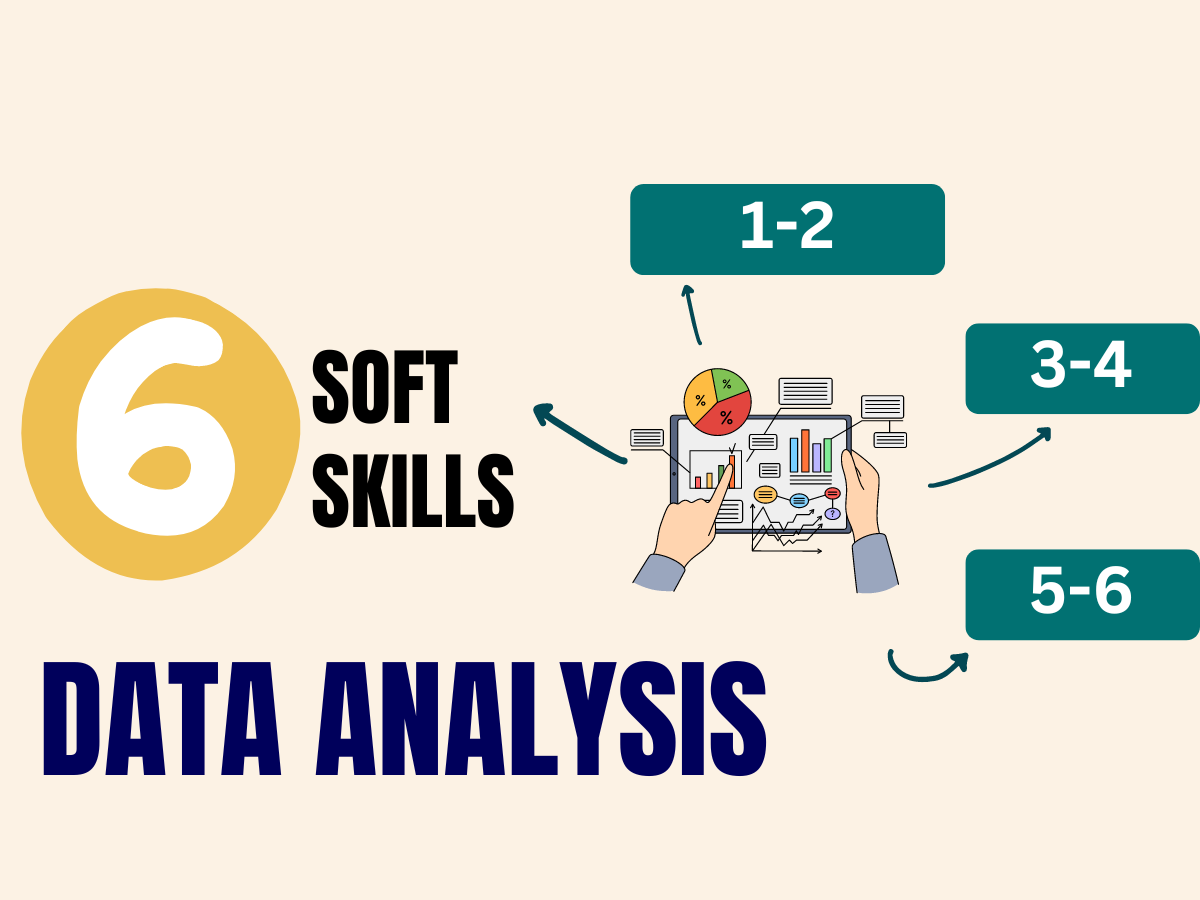You might think that my work is only about data. So why should I learn soft skills for data analysis? Because I will analyze the data and from that data, I will create a dashboard, and the company will make the decisions they want based on my dashboard, improving the business. This same kind of thought came to me at the beginning of my data analysis journey, and I also wondered if extra soft skills are important for me. Today, we will know the answers to all these doubts and questions and understand which soft skills you should know as a data analyst. So first, we need to understand why soft skills are important for data analysis.
Why are Soft Skills important for Data Analysis?
Suppose you leave your house and head to the city, using different vehicles and changing cars at various points. How do you fully experience this journey? How do you navigate the city easily?
For instance, when you switch to a different car, you inquire if it will take you to your destination, ask about the fare, and assess the condition of the city you’re heading to. Asking these questions demonstrates two things: communication and presentation skills. Undoubtedly, these skills make your journey easier. Similarly, you need such soft skills when dealing with data.
Because at the end of the day, a data analyst identifies business opportunities or solves problems, and for this, soft skills are crucial.
As a data analyst, I can attest that soft skills are invaluable in my daily work. Let’s discuss the soft skills a data analyst needs based on my practical experience.
Analytical thinking: A cornerstone for Data Analysis
Analytical thinking is crucial for a data analyst. After cleaning the data, when presented with it, you must think about how to analyze it to extract important insights. A proficient data analyst can approach data from different angles with analytical thinking.
By honing analytical thinking skills, data analysts can effectively derive meaning from data, turning it into valuable knowledge for informed decision-making.
Communication skills for Data Analysts
Data analysts do more than crunch numbers; they uncover insights crucial for businesses. Communication is vital for this. Understanding the business context, analysts don’t work in isolation; they need to grasp business goals and challenges to translate data into actionable insights. Clear communication enables them to ask the right questions.
Communication skills act as a bridge between the technical world of data analysis and the practical world of business impact.
Presentation Skills for Data Analysts
Data analysis holds immense importance for businesses in this data-driven world. A data analyst uncovers hidden opportunities within business data. However, these insights are only valuable if effectively communicated. This is where presentation skills become vital.
Creating dashboards with various charts and graphs allows businesses to easily understand their data situations. Presentation skills are crucial for data analysts to present analyzed data to business stakeholders and derive decisions from it.
By honing presentation skills, data analysts can transform complex data into presentations that inform, engage, and inspire action.
Problem-solving skills for Data Analyst
Data analysis involves solving business problems. Strong problem-solving skills enable data analysts to approach challenges systematically and develop data-driven solutions. Before conducting each data analysis, I consider how it will solve a business problem, taking notes, identifying insights, and uncovering new business opportunities.
Adaptability Skills for Data Analyst
Data analysis is a vast field that constantly evolves with new tools and technologies. It’s essential to adapt to new tools and skills as technology advances. Starting my data analysis journey with Excel, I now work with programming languages, having learned various tools over two years through practice.
New data analysis tools and technologies emerge frequently, necessitating continuous learning and adaptation to stay updated.
Networking Skills for Data Analysts
Networking is crucial for data analysts based on my experience. All the jobs and projects I’ve secured have been through networking. Building a strong network with other data analysts helps in staying updated on various issues and seizing opportunities.
By now, you must realize how much these soft skills can enhance your data analyst career. The truth is, you don’t have to spend much time learning these skills; set aside some time each day to improve them. This article explores which soft skills you should know as a data analyst. Keep advancing your career. Thank you.

